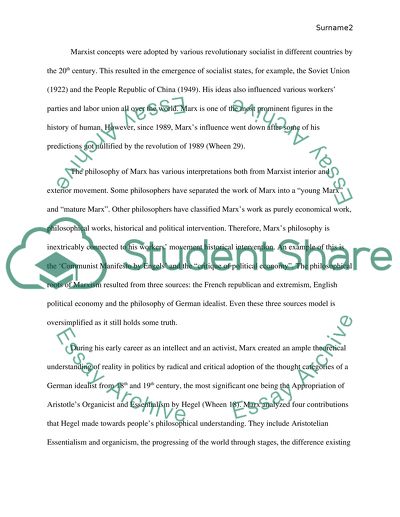Cite this document
(“Karl Heinrich Marx Essay Example | Topics and Well Written Essays - 1250 words”, n.d.)
Retrieved from https://studentshare.org/philosophy/1444827-philosophy-essay
Retrieved from https://studentshare.org/philosophy/1444827-philosophy-essay
(Karl Heinrich Marx Essay Example | Topics and Well Written Essays - 1250 Words)
https://studentshare.org/philosophy/1444827-philosophy-essay.
https://studentshare.org/philosophy/1444827-philosophy-essay.
“Karl Heinrich Marx Essay Example | Topics and Well Written Essays - 1250 Words”, n.d. https://studentshare.org/philosophy/1444827-philosophy-essay.


